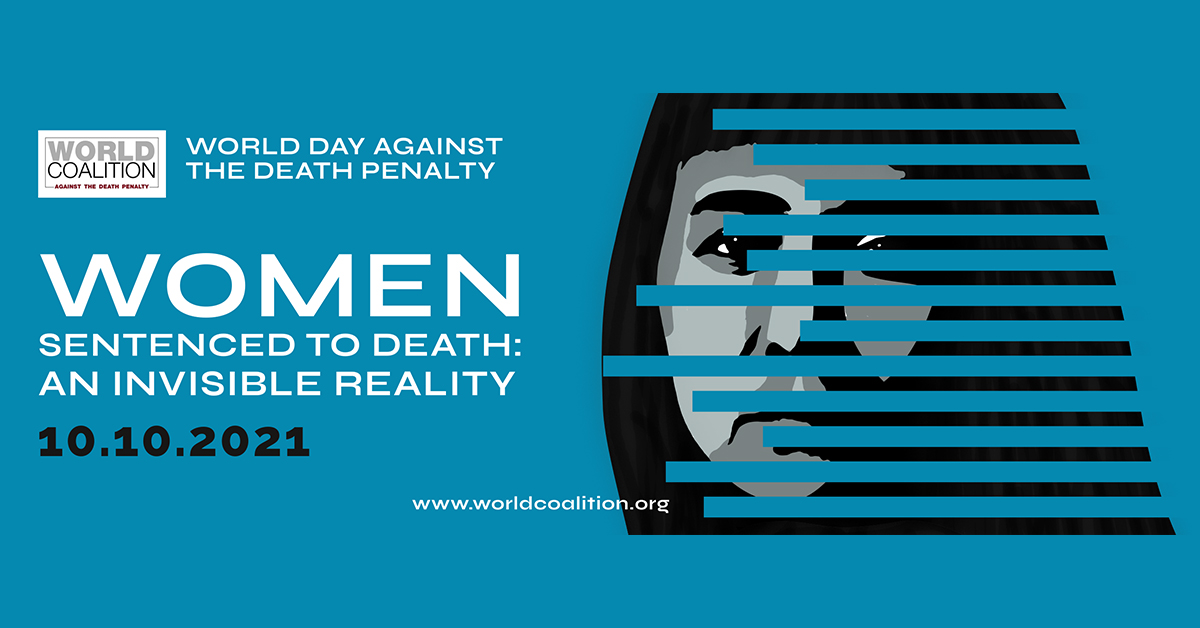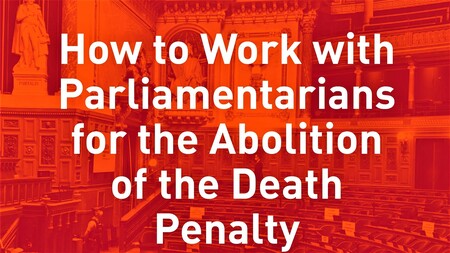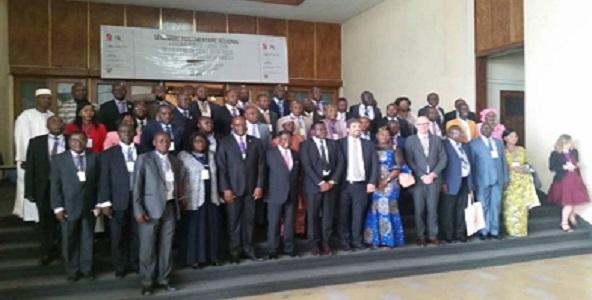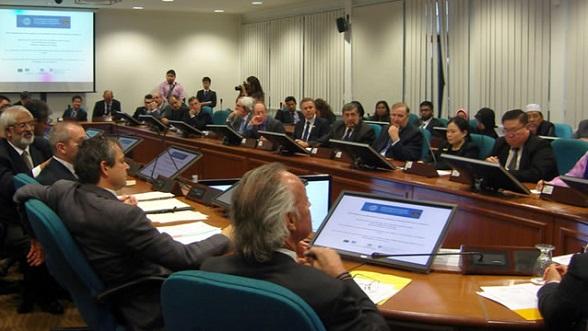United States
World Coalition Steering Committee member
Parliamentarians for Global Action (PGA)
Parliamentarians for Global Action (PGA), a non-profit, non-partisan international network of over 1,200 legislators in approximately 130 elected parliaments around the globe, aims to promote peace, democracy, the rule of law, human rights, gender equality and population issues by informing, convening, and mobilizing parliamentarians to realize these goals.
The network of legislators’ programme of work is under the political direction of an Executive Committee of 15 members. This structure allows PGA to effectively push policies at the national, regional, and international levels. PGA also works closely with the UN system through the advisory body of the UN Committee for PGA – comprising senior UN ambassadors, high-level UN officials, and some leading NGO representatives. PGA also has had an extremely effective track record with intergovernmental agencies such as the UNFPA, UNDP, UNICEF, UNIFEM, UNESCO, the World Bank, Asian Development Bank, and International IDEA. PGA’s programs on peace and democracy, sustainable development and population, and international law work in close cooperation with NGOs and leading research institutions in these fields
On July 15, 2013, the PGA Executive Committee together with the PGA International Law and Human Rights Programme took the decision to start preparations towards the creation of a global parliamentary platform for the abolition of the death penalty, welcoming a proposal of the PGA UK Board member Mr. Mark Pritchard, MP and the UK All Party Parliamentary Group for the Abolition of the Death Penalty, chaired by PGA member H.E. Ms. Baroness Vivien Stern (member, House of Lords).
Date founded
1978Structure type
AssociationWorld Coalition Steering Committee member


 44 Wall Street, Suite 903
44 Wall Street, Suite 903 Phone +12126877755
Phone +12126877755








